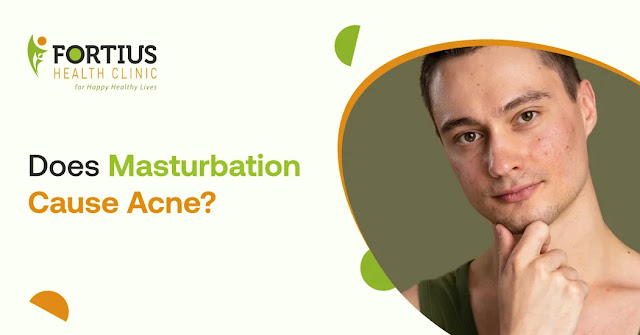How to Stop and Prevent Sperm Cramps?

What Are Sperm Cramps? Sperm cramps , a term used to describe discomfort or pain in the genital area or lower abdomen during or after ejaculation, can vary in intensity from mild to severe. This pain, also known as epididymal hypertension, semen cramps, or post-orgasmic pain syndrome (POPS), can last from a few hours to several days. Some men may even experience this pain without ejaculation, which can be confusing. Why Do Sperm Cramps Occur? Sperm cramps can result from both psychological and physical factors. Psychological factors include anxiety, stress, and depression, while physical causes range from muscle tension and prostate-related problems to infections of the reproductive organs, hormonal changes, and periods of abstinence. Causes of Sperm Cramps This section delves into the detailed causes of sperm cramps: Infections of the Reproductive Organs: Infections like epididymitis (inflammation of the tube behind the testicles) or urinary tract infections ...


